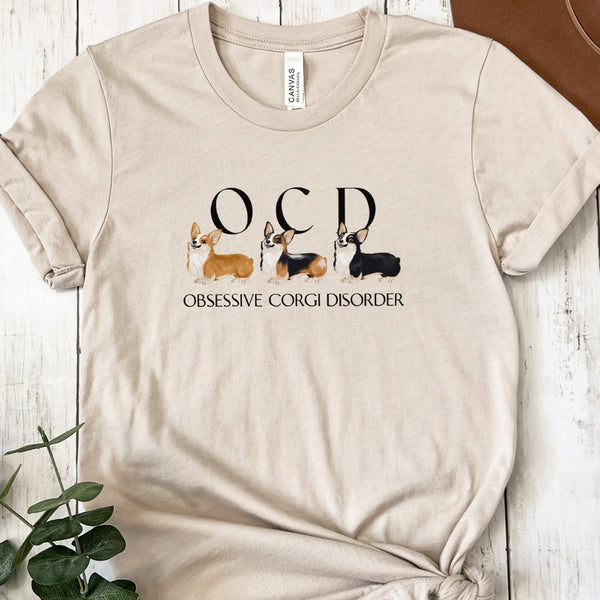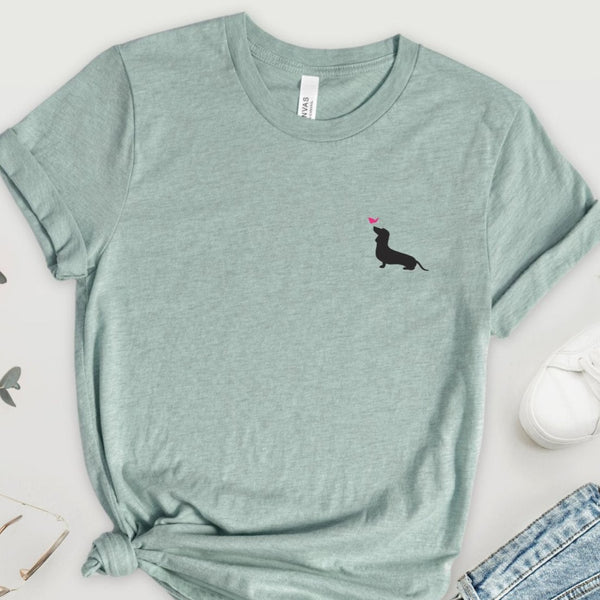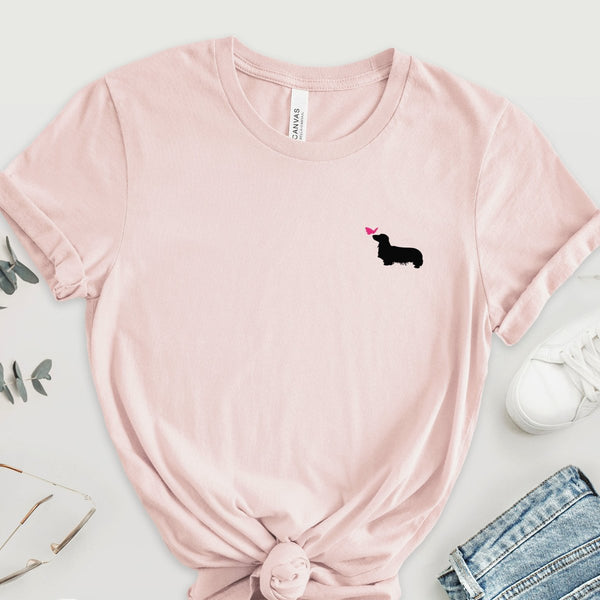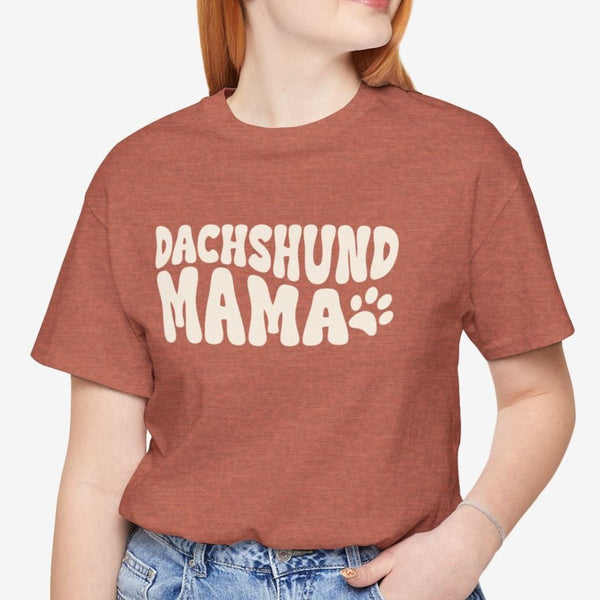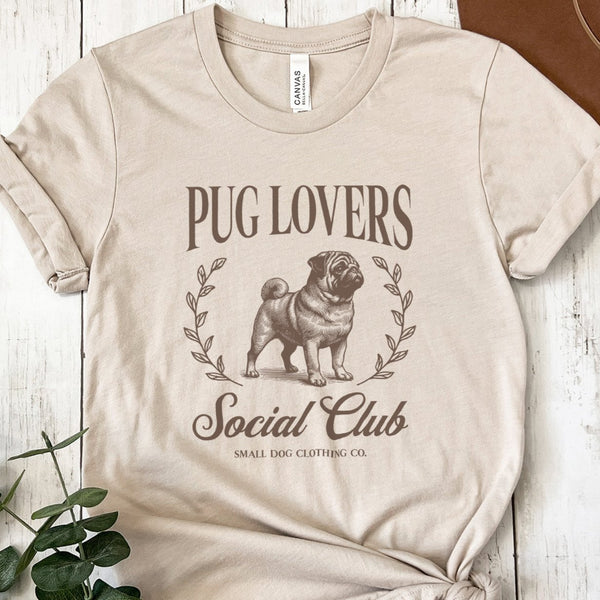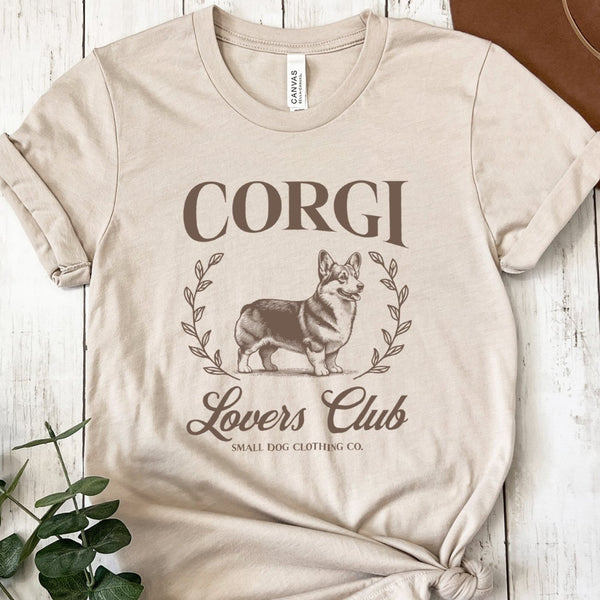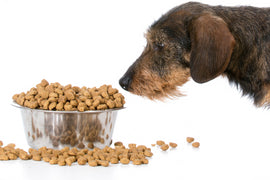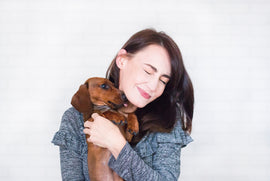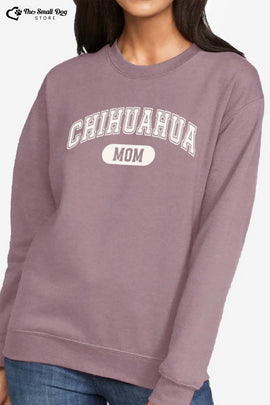Does the Bichon Frise shed a lot?
Posted by ROBERTO BURALLI
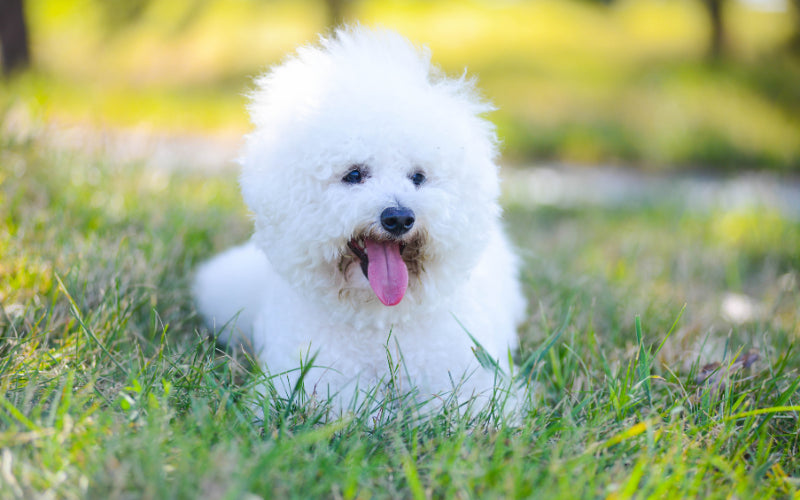
Welcome to our comprehensive guide on minimizing shedding in Bichon Frise dogs. If you're a proud owner of this adorable breed but struggling with excessive shedding, you've come to the right place. Shedding is a natural process for dogs, but with the right approach, we can help you reduce shedding and create a cleaner, more comfortable home for both you and your beloved pet.
Understanding Bichon Frise Shedding
Before we explore effective strategies to reduce shedding, let's address some frequently asked questions about Bichon Frise shedding:
Does the Bichon Frise shed a lot?
Bichon Frises are known for being non-shedding or low-shedding dogs. Unlike many other breeds, they have minimal hair shedding. Instead, their loose hairs tend to become entangled in their curly coat, resulting in matting and tangles. Although shedding is minimal, regular grooming is crucial to prevent these loose hairs from causing any issues.
How hypoallergenic is a Bichon Frise?
Bichon Frises are frequently regarded as hypoallergenic, making them an excellent option for individuals with allergies. Their coat, which sheds less than other dog breeds, produces fewer allergens, reducing the likelihood of triggering allergic reactions.
However, it is essential to note that no dog breed can be entirely hypoallergenic, and individual reactions may still differ. The low shedding nature of Bichon Frises makes them less prone to triggering sneezing, itching, and other discomforts associated with allergies.
Related Post: Are Bichon Frises Always White?

Why Do Bichons Shed?
Shedding in Bichons is a natural phenomenon, influenced by various factors that contribute to this occurrence.
Seasonal Changes
The shedding of a Bichon is influenced by seasonal changes. As the weather transitions between seasons, your furry companion may shed its coat to adapt to the temperature variations. This shedding is usually more apparent during the spring and fall seasons.
Hormonal Changes
Hormonal fluctuations can also contribute to shedding in Bichon Frises. Factors like pregnancy, estrus cycles in unspayed females, and certain medical conditions may result in heightened hair loss.
Stress and Anxiety
Similar to humans, dogs can also experience stress and anxiety, which can lead to excessive shedding. Factors such as changes in the household, transitioning to a new environment, or prolonged separation from their owners can all contribute to this shedding phenomenon.
Poor Nutrition
The diet of your Bichon is vital for its overall health, including the quality of its coat. Insufficient nutrition or subpar dog food that lacks essential nutrients can result in excessive shedding. It is vital to ensure your furry companion receives the proper nourishment to maintain a healthy and lustrous coat.

Managing Bichon Shedding: Tips and Tricks
Having examined the factors contributing to Bichon shedding, let us now delve into practical and effective strategies to manage and minimize this phenomenon.
Regular Grooming
Regular grooming is crucial for minimizing shedding in your Bichon. By brushing their coat, you not only remove loose hair but also prevent tangles and matting. Aim to brush your furry friend at least two to three times per week and consider utilizing a de-shedding tool during shedding seasons.
Balanced Diet
Providing your Bichon with a well-rounded and nourishing diet is vital for maintaining a healthy coat. Opt for dog food specifically designed for small breeds, containing high-quality protein sources and essential fatty acids. For the best dietary plan tailored to your furry companion, consult with your veterinarian.
Stress Management
Consistent exercise is the ultimate stress buster for our furry friends. Engaging in activities such as walking, swimming, playing, or venturing to the park not only exposes them to diverse environments but also promotes a longer and healthier life.
Regular Vet Checkups
Ensure your Bichon's health and tackle shedding by scheduling routine check-ups with your veterinarian. These visits will help monitor their well-being and address any underlying medical concerns that may contribute to excessive shedding.

Are Bichon Frises high maintenance?
Bichon Frises do need consistent grooming and maintenance due to the nature of their unique coat. Their fur, which is curly and dense, can become easily tangled and matted if not given proper care.
To ensure their coat remains in optimal condition and to minimize shedding, regular brushing, professional grooming, and appropriate bathing are crucial.
With their loving, cheerful demeanor and endearing nature, Bichon Frises make wonderful companions who are worth the effort of keeping up with their grooming needs.
How often should a Bichon Frise be groomed?
For optimal coat health, it is recommended to take your Bichon to the groomer every four to six weeks. During these appointments, your pet's coat will be groomed, trimmed, and maintained to keep it looking its best.
Professional grooming also helps inspect the overall health of your furry friend, as particular signs may indicate a medical issue requiring attention. By providing your Bichon with regular grooming, you can ensure their coat looks its best and that any underlying health concerns are addressed.
Also, you should brush them at least twice a week with a slicker brush or mat rake. This will help to loosen any mats and tangles that have formed, as well as to distribute natural oils throughout the coat.
Regular grooming appointments, brushing, and bathing will help to keep your pet looking its best without causing undue stress or discomfort. With consistent care, you can enjoy your Bichon Frise for years to come!
Related Post: Miniature Poodle vs Bichon Frise: Unraveling the Differences

Conclusion
Shedding in Bichon Frise occurs naturally due to various factors such as seasonal changes, hormones, stress, and nutrition. However, understanding the causes and utilizing effective management techniques can help reduce shedding and keep your Bichon coat healthy and attractive.
To ensure the well-being of your furry companion, it's important to remember a few key points. First, regular grooming is essential to keep them looking and feeling their best. Next, providing a balanced and nutritious diet will support their overall health. Managing stress is also crucial for their happiness and longevity.
Lastly, don't forget to schedule regular veterinary checkups to catch any potential issues early on. By following these tips, you can create a comfortable and harmonious environment for your beloved Bichon Frise, fostering a lasting and cherished bond.
To sum up, by providing adequate care and attentiveness to your Bichon's requirements, you can effectively manage shedding as a part of being a pet owner. This will enable you to fully embrace and delight in the boundless love and happiness that your furry companion brings to your life.
Related Post: Understanding the Behavior of Bichon Frise Dogs
SHARE:





